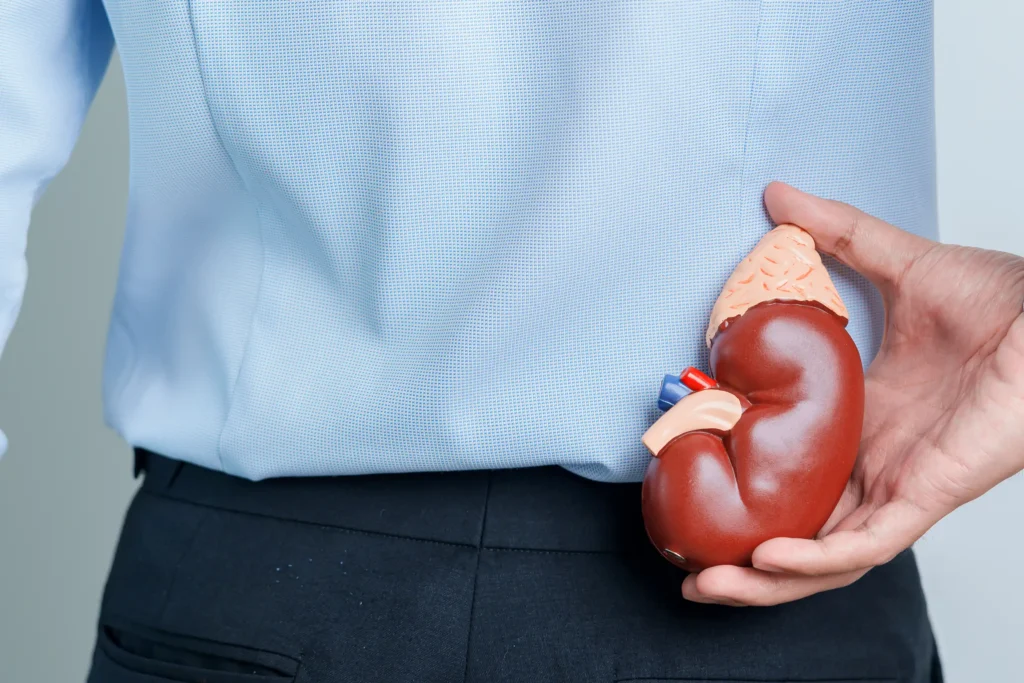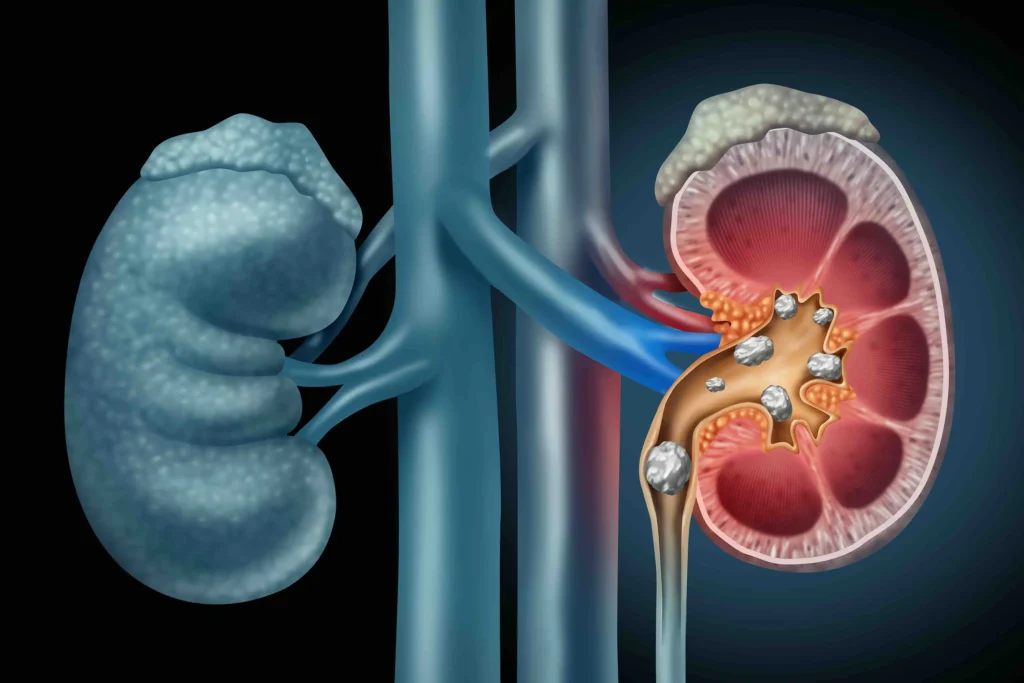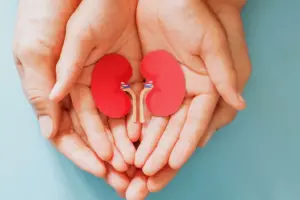
Kidney stone passing stages: Passing a kidney stone is often described as one of the most painful experiences a person can go through. These small, hard deposits form in the kidneys when minerals and salts crystallise, and the body tries to expel them through the urinary tract. While each person’s experience can be different, most cases follow four key stages.
Below are the four stages of passing kidney stones.
Also Read | Understanding the functions of your kidneys and how to maintain them
Stage 1: Formation in the kidney.
Kidney stones begin when certain minerals build up in your urine. When your body has too many of these substances and not enough water to flush them out, they stick together and form crystals. With time, the crystals will become stones. Most stones are small, like a grain of sand or a small pebble, but they can grow larger if they stay in your kidneys for a long time. At this stage, there are usually no symptoms, and the stone may go unnoticed until it starts to move.
Stage 2: Movement in the ureter.
The movement of the stone from the kidney towards the ureter will cause you to feel a sharp, cramping pain in your lower back or on the side. The pain may fluctuate in intensity. You may also experience nausea or vomiting. You should consume water to facilitate the stone’s passage.
Stage 3: Passage through the bladder.
When the stone makes it through the ureter and into the bladder, the worst of the pain usually ends. At this stage, you might feel a sudden drop in pain, discomfort, or pressure in your lower abdomen. The stone can move more freely in the bladder, so it usually hurts less. For smaller stones, this stage may happen quickly; for larger ones, it could take longer.

Stage 4: Passing out the stone.
The final stage occurs when the stone passes from the bladder through the urethra and out of the body during urination. Smaller stones may pass with minimal discomfort, while larger ones can cause a sharp, burning sensation. Once the stone is out, symptoms usually resolve quickly, and you may feel immediate relief.
When Should You See a Doctor?
Not all kidney stones pass on their own. Here are signs that you should get medical help:
- Severe, constant pain that doesn’t go away
- Fever or chills (could mean infection)
- Vomiting or being unable to keep fluids down
- If you notice blood in your urine for more than a couple of days, it may indicate a serious issue.
- Not peeing at all
Also Read | Fueling kidney health: Essential nutrients and food for optimal function
How Long Does It Take to Pass a Kidney Stone?
It depends on the size of the stone and your body.
- Stones under 4 mm often pass on their own in a few days to a week.
- Stones 4–6 mm may take longer to pass and require medical assistance.
- Stones over 6 mm are less likely to pass without treatment.
While some kidney stones pass naturally, others may require medical procedures such as shock wave therapy or surgery. Knowing these four stages can help you recognise what’s happening in your body and take the right steps toward relief and recovery.








